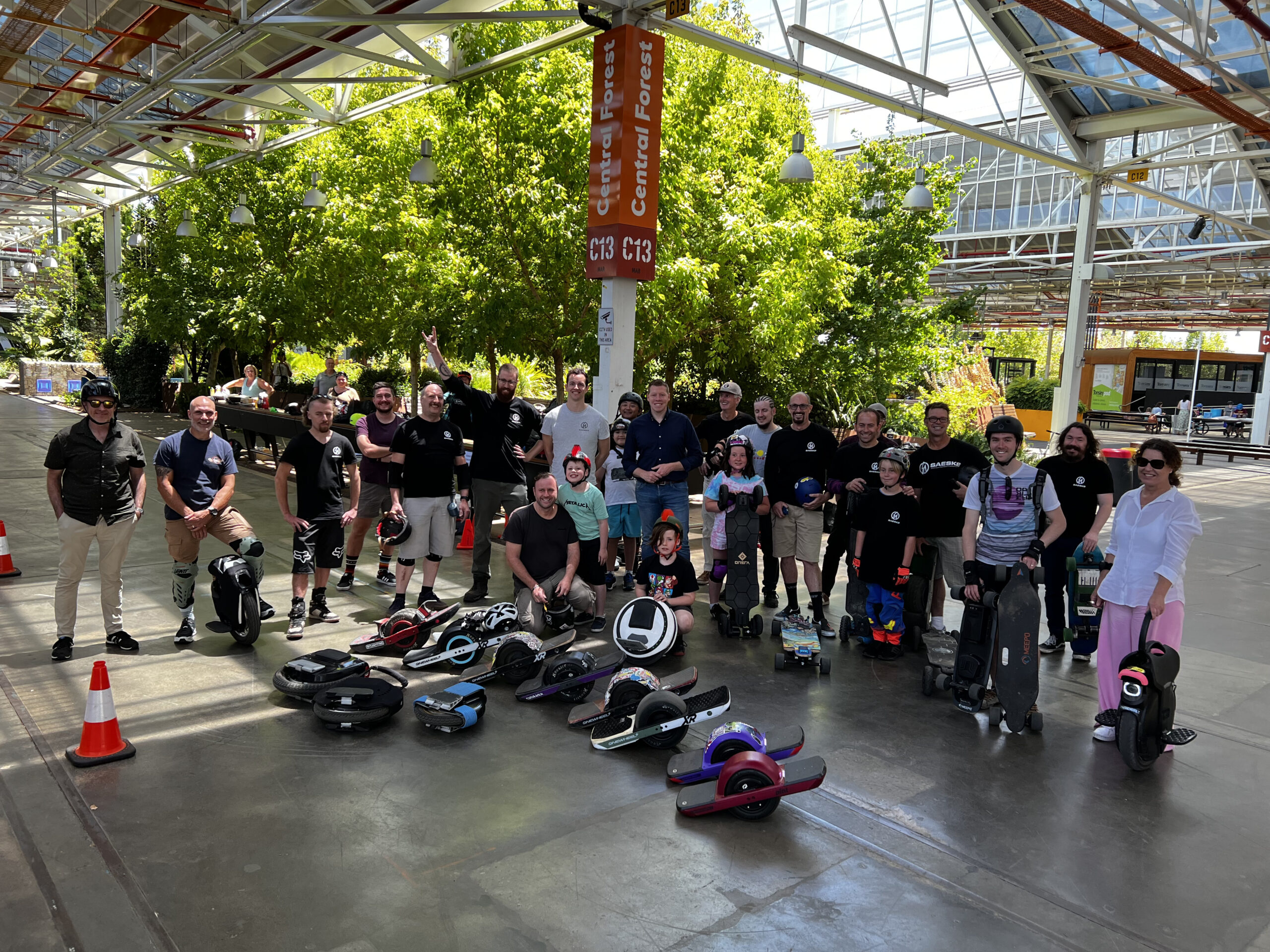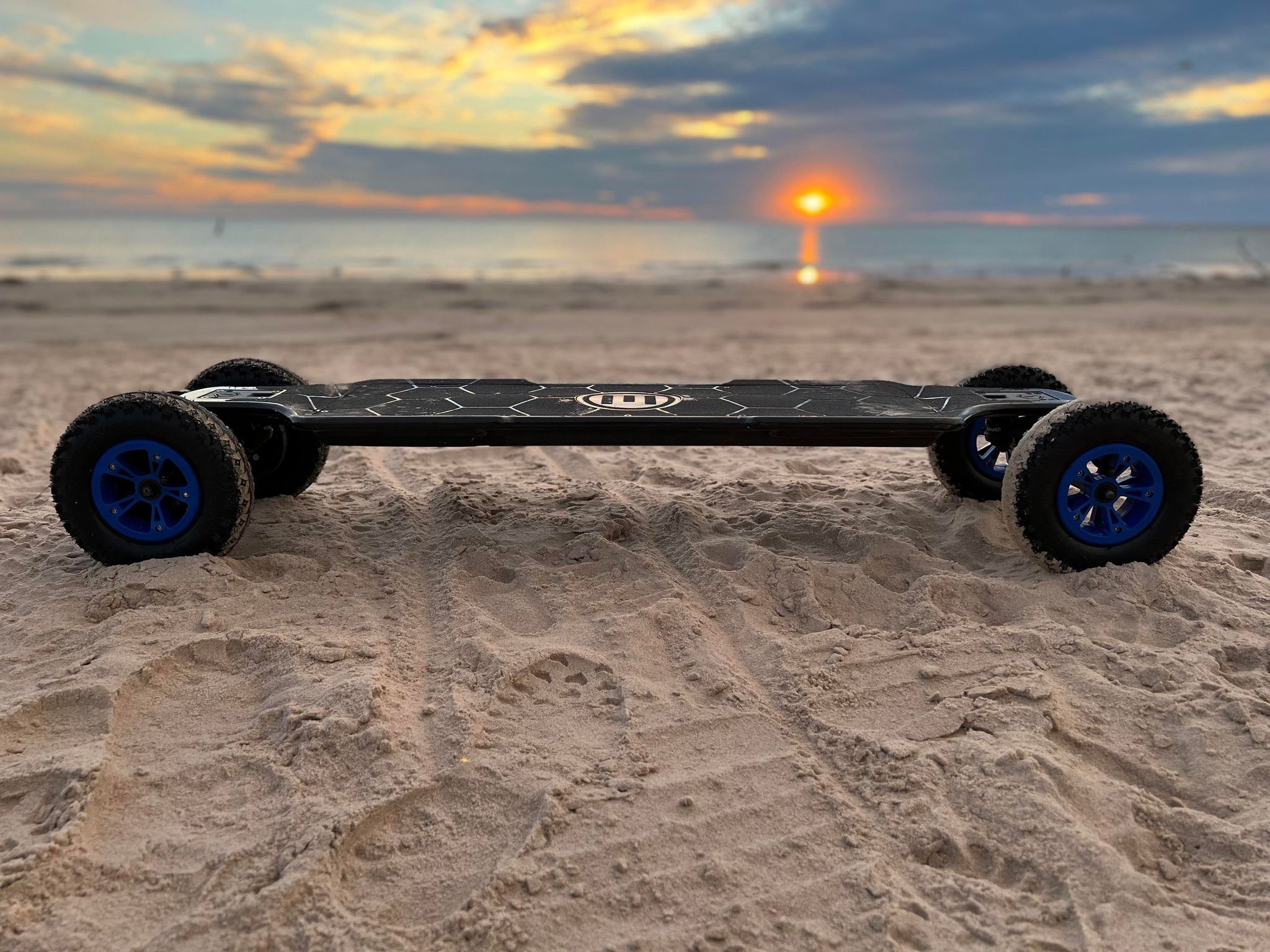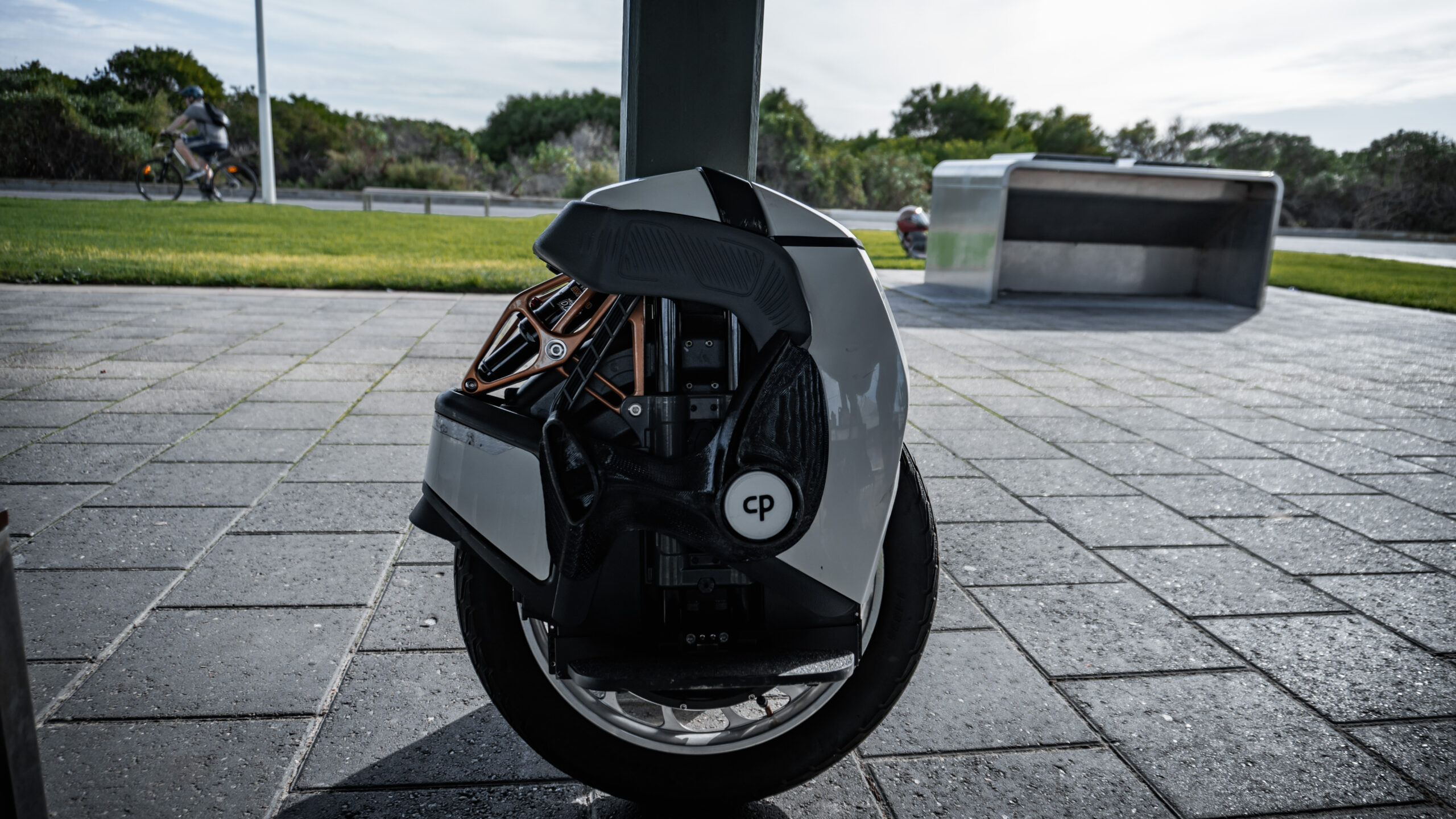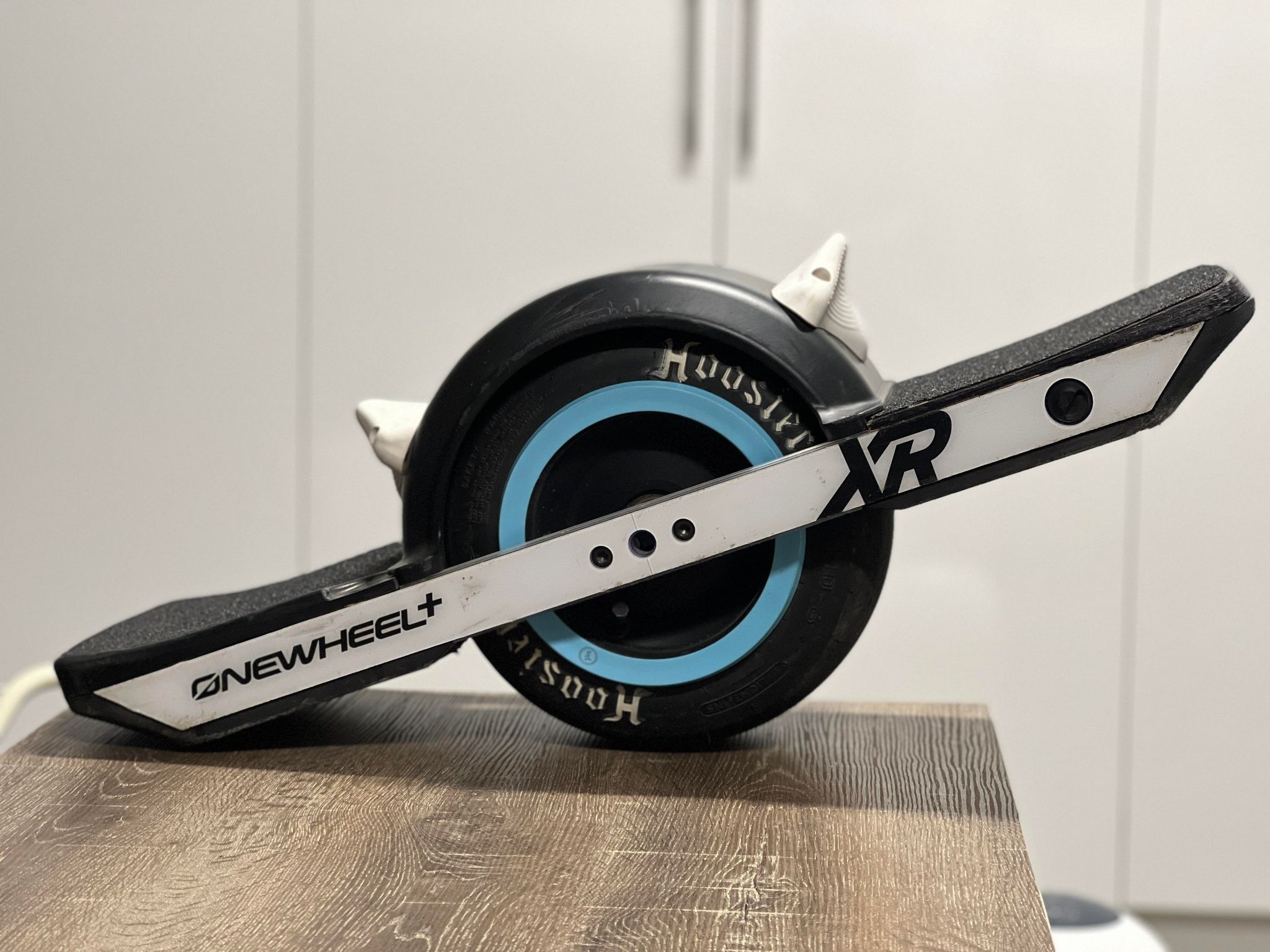PUBLIC SAFETY “COME AND TRY” DAY 2025
Join us on Facebook for more information! We hope to see you there – bring a helmet and sturdy closed toe shoes!

Where
Tonsley Innovation District (Central Forest)
Adelaide, SA
When
Sunday the 23rd of November, 2025
1pm
END OF SEASON 2022 / 2023 FOOTAGE
 TIMELINE TO LEGALISATION
TIMELINE TO LEGALISATION
You can stay up-to-date on our efforts and the law by joining our Facebook group via the link below. We will also be making periodic updates to this website with new information as we progress. Thank you for taking the time to read our story; I hope you understand the importance and positive influence legalisation will have in the fight against climate change, air quality, road traffic, mental health and all the other positive influences electric micro mobility will offer our city and society.
SAESK8 Interactive Guide Resources
Click the above link to access a folder with an interactive map and detailed Excel document with all the major PEV routes in Adelaide and surrounds, as well as a simple JPEG image map and word document with the same information. To access the interactive map, you will need to download the Excel document to your PC and “unblock” in file properties so that it opens correctly.
Click the above link to join our main communications group on Facebook. Here you can find group ride events and political action information, as well as meet and speak with PEV owners and builders.
Click the above link to check out the latest photography on our Instagram. Here you can find group ride photos and media appearances.
Strava Underground Race Circuit
Click the above link to join our time trial recording and racing on the tracking apps Strava and Ride Hermes.
Contact:

ELECTRIC SKATEBOARD
ELECTRIC SKATEBOARD
Four wheels, two trucks, an electric speed controller, drive train, motors, battery and a deck. With ranges varying between 10-100+km from one charge, electric skateboards are the easiest to learn on and the most casual.
But don’t be fooled! The DIY rabbit hole can become a journey of its own!

ELECTRIC UNICYCLE
One tall central wheel, designed for a forward-facing stance. While a challenging skill to learn, these fantastic machines are capable of ranges between 20-200+km from one charge!
Many of these machines also contain hardware such as Bluetooth speaker systems and even spring and shock suspension!

ONEWHEEL
One short wide central wheel, designed for a side-facing stance similar to a skateboard. With an easier learning curve than the unicycle, these machines are kings of the off-road! You can expect a range of 10-40+km from one charge.
There is also a hardcore following of DIY fans and many custom parts suppliers!